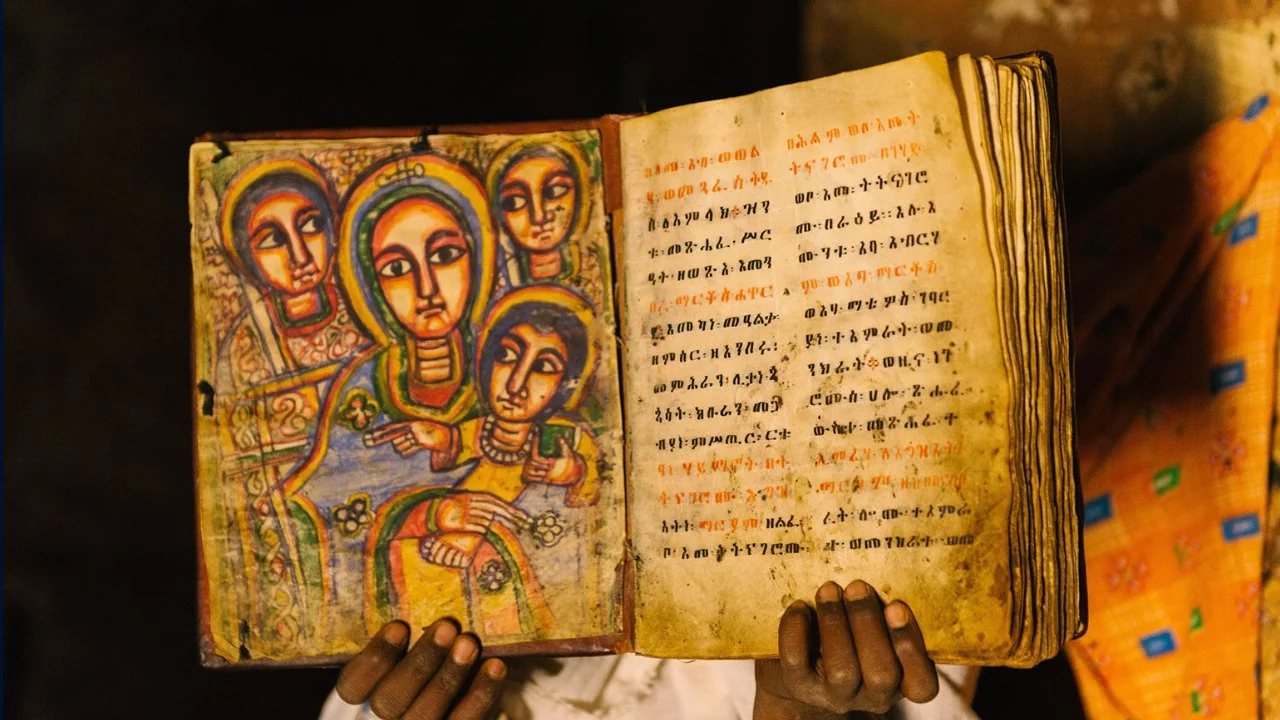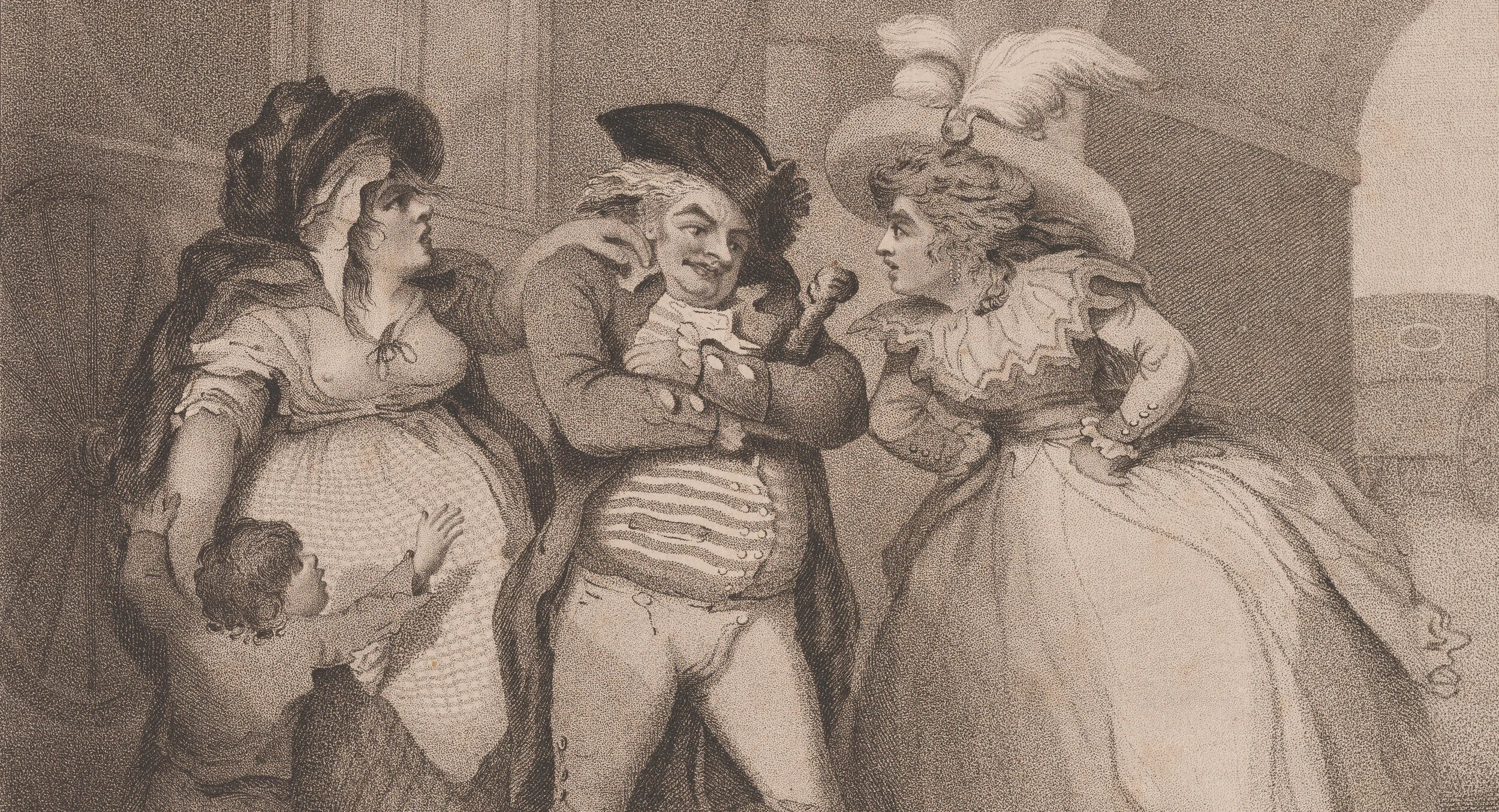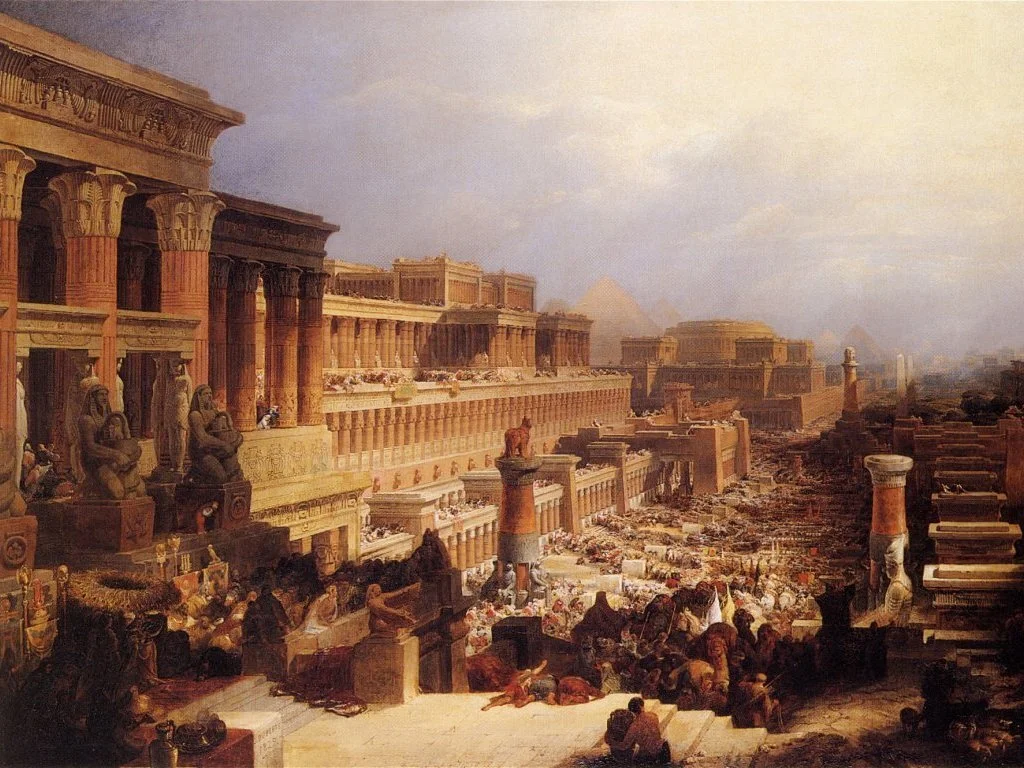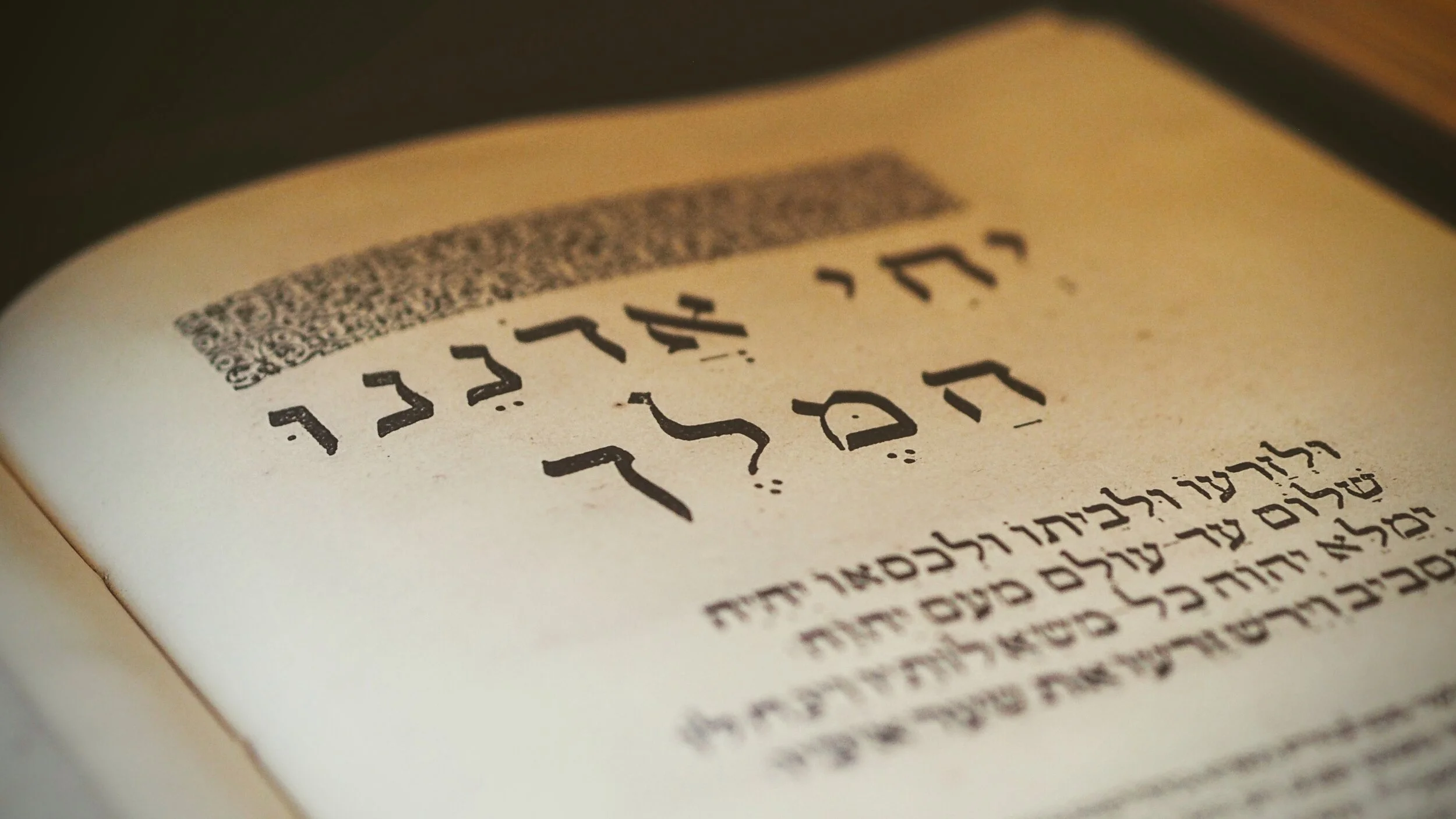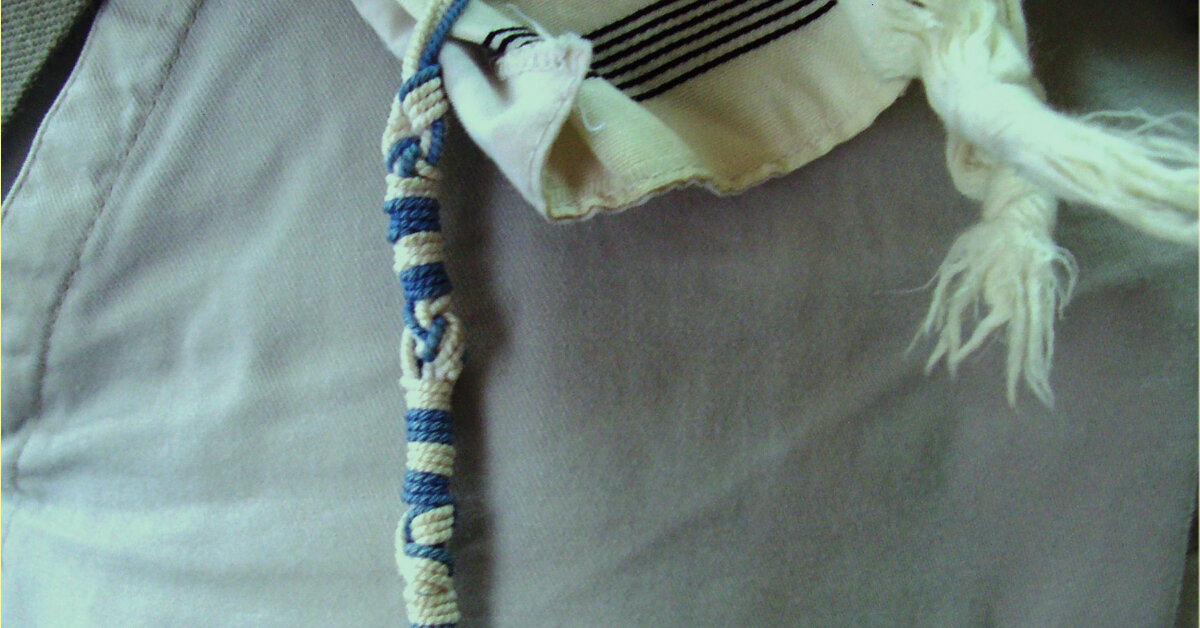Author: David Wilber
The feast of Sukkot, more commonly known as the feast of Tabernacles, marks the end of the biblical fall feasts. It’s the most joyous celebration on the Hebrew calendar as God’s people come together and celebrate before the Lord in anticipation for the return of the Messiah and the wedding supper of the Lamb.
The name Sukkot means "booths," and it comes from the mitzvah (commandment) to dwell in booths during the eight-day festival (Leviticus 23:42). This mitzvah recalls the forty years during which the Israelites dwelled in booths as they wandered the desert after their deliverance from Egypt. It’s also known as the feast of ingathering (Exodus 23:16) or simply "the feast" (1 Kings 12:32). Sukkot celebrates the gathering of the harvest at the end of the agricultural year in Israel, prophetically symbolizing the day when all of God’s people are gathered together in the Kingdom at the Second Coming of Yeshua (Jesus). Some have suggested that Sukkot was also the time of Yeshua’s birth—thus, if that's true, followers of Yeshua have another reason to rejoice during this time!
The feast of Sukkot, along with the rest of God’s feasts, is called an “appointed time” (Leviticus 23:2). It is a special time that God told us to remember and celebrate every year—kind of like a wedding anniversary. God scheduled these appointments with us in His Word, and He never misses them.
The following is a list of ways that you can celebrate this amazing festival.
1) Dwell in a Sukkah
One of the commandments of Sukkot is to dwell in a sukkah during the days of the festival (Leviticus 23:42). A sukkah is a temporary dwelling place like a fort or a tent. Traditionally, it has at least three walls and must be built under an open sky. Many people decorate their sukkah with lights, pictures, and even vegetables like pumpkins. It is customary to use branches and leaves as part of the roof of the sukkah. This is so you can see the stars through the roof at night and reflect upon God’s glory and majesty:
When I look at your heavens, the work of your fingers, the moon and the stars, which you have set in place, what is man that you are mindful of him, and the son of man that you care for him? (Psalm 8:3-4)
To dwell (Hebrew: yashav) in the sukkah literally means to “sit,” and it can consist of simply spending time in the sukkah during the day, reading scripture, praying, or even sleeping in it at night. Many people will invite friends and family to share meals inside of the sukkah. Recently among several Messianic and Christian groups it has become traditional to organize a camping trip during the feast where families will camp in tents, build a community sukkah, and live in community for the week.
2) Wave the lulav and etrog
In the Torah we are commanded to take “the fruit of splendid trees, branches of palm trees, and boughs of leafy trees and willows of the brook, and you shall rejoice before the Lord your God seven days” (Leviticus 23:40). Traditionally this has come to be observed by waving the lulav and etrog. The lulav is a collection of plants that are tied together in a bouquet, and the etrog is a fruit similar to a lemon. The Bible gives no explanation for this strange mitzvah, but it’s something that God tells us to do during this time. So as obedient children, we carry out this mitzvah out of love for our Father in heaven.
Some commentators have suggested that the etrog represents a heart and the lulav represents a backbone. Thus, the person who has a true heart for God will be given a “spiritual backbone.” Perhaps carrying out this mitzvah purely out of a heart to obey God is a means by which God strengthens our spiritual backbone—that is, by waving the lulav and etrog, we are walking by faith and not by sight. We are obeying God even when we don’t understand. After all, if we can’t obey God in the simple things, what’s to say that we would obey Him with regard to the difficult things?
3) Rest on the first and eighth day
During Sukkot there are two “high Sabbaths”—the first and last day of the festival—on which we are not to do any work. These are days to simply enjoy God’s gift of rest as we remember the ultimate rest we have in our Savior, Yeshua. We are also commanded to have a “holy convocation” on these two days, so plan ahead to be in fellowship with other believers at those times.
4) Read the Book of Ecclesiastes
During the festival of Sukkot, it is customary to read the book of Kohelet, or Ecclesiastes. This book was chosen to be read at this time because its teachings relate much to the sukkah. Solomon, the author of Ecclesiastes, discusses how our physical world is temporal and fading away, just as the sukkah is merely a temporary dwelling that will come down at the end of the festival. Indeed, we do well to remember that the pursuit of pleasure and success in this life is ultimately meaningless, and true eternal fulfillment is found only in a relationship with God and keeping His commandments—“for this is the whole duty of man” (Ecclesiastes 12:13).
5) Give an offering to the Lord
Sukkot is one of three times of the year when God’s people are not to come before the Lord “empty-handed” (Deuteronomy 16:16). We are to bring an offering to the Lord, thanking Him for His love and provision. One way to honor the spirit behind this particular commandment on a practical level would be to give a special offering to your local congregation, a charity, or a ministry of your choice that aligns with the vision that God has given you.
6) Give to the poor
In addition to family and friends, we are told to include “the fatherless and widow who are within your towns” in our celebration (Deuteronomy 16:14). Thus, it has become customary to look for ways to minister to the poor and needy during Sukkot. You could do a canned food drive or even pick a day to help your local food pantry or soup kitchen. Just as Sukkot symbolizes God dwelling with man, may we bring the light of Yeshua into people’s lives through spending time, listening, giving, and loving them.
7) Rejoice!
The most important mitzvah of this feast is the command to rejoice:
You shall rejoice in your feast, you and your son and your daughter, your male servant and your female servant, the Levite, the sojourner, the fatherless, and the widow who are within your towns. (Deuteronomy 16:14)
More than any other holy day on the Hebrew calendar, Sukkot is a time of celebration. It’s a time of singing praises to God, dancing, praying, eating, and spending time with family and friends. Most of all, it’s a time to look forward to the day when we’ll all be together in Messiah’s Kingdom:
Behold, the tabernacle of God is with man. He will dwell with them, and they will be his people, and God himself will be with them as their God. (Revelation 21:3)
Chag Sameach (happy festival), friends! May your Sukkot celebration be blessed as you rejoice before the Lord!
About David Wilber
David is first and foremost a passionate follower of Yeshua the Messiah. He is also a writer, speaker, and teacher.
David’s heart is to minister to God’s people by helping them rediscover the validity and blessing of God’s Torah and help prepare them to give an answer to anyone who asks about the hope within them (1 Peter 3:15)…





